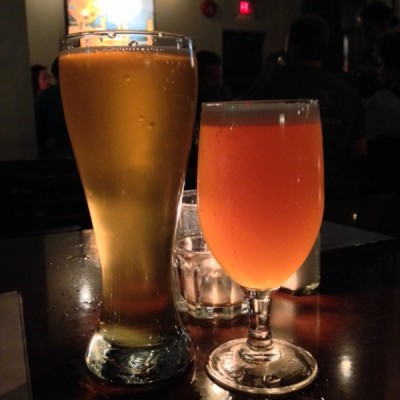Cultural appropriation is still a taboo subject among many individuals. For some people, it doesn’t even exist, but it is a legitimate, real thing that has hurt many minorities who have long suffered from prejudice and negative stereotypes.
Cultural appropriation is when one aspect of a culture is being used by someone from outside that culture, usually someone from a position of privilege. It is most often experienced through fashion, as something that has a deep and spiritual meaning is belittled as exotic fashion.
It happens when “Indian savage” costumes are worn for Halloween. It happens when white people wear black face. There is an endless list of examples that you will see while walking around a costume store. Cultural appropriation is the mocking of minorities that has gone through so much suffering because of the people who have negative stereotypes of their culture, racial profiling, and many other things.
Melinda Bige, an Indigenous Studies professor at KPU, says culture is not a costume, especially when members of the culture have suffered from many prejudices. For Bige, people dressing up as an Indigenous person is wrong because sometimes it is considered “not okay” to be an Indigenous person.
Costumes that are considered to be Indigenous are not part of her culture, she says, but instead it is a mockery of it. Those costumes are depictions of what non-indigenous people see them as, often a “hyper-sexualized, cheap, cartoon-like joke” that is an insult to their culture.
These costumes perpetuate the negative perceptions and stereotypes non-indigenous people have of Indigenous people. It is a validation of racial stereotypes that ignore the complexity of Indigenous culture entirely.
Not everyone agrees.
Nikayla McNeil from the tribe of Ganada, house of Ni’is Joohl from the village of Laxgalts’ap, pictures a different image about Halloween. McNeil doesn’t feel that Halloween is a problem and loves the celebration, costumes and the Halloween spirit the children get into.
On the topic of costumes, McNeil insists the only thing bothersome are provocative costumes and that a genuine Pocahontas or a chief costume is not always a mockery of her Indigenous roots.
“I think it’s awesome because they’re fascinated with our regalia,” she says of non-Indigenous people exploring native culture.
McNeil is concerned that the idea of cultural appropriation is being blown out of proportion and believes adoption of some aspects of culture in a non-racist way is awesome. Sometimes, adopting an aspect of a culture proves a fondness of that cultures practices and McNeil feels that is being respectable.
“Halloween is a time of celebration and I’m not one to judge if someone would like to dress up as a beautiful indigenous woman because they’re obviously found of our beautiful women and I can appreciate that,” she said.
Edited by Joseph Tjosvold


